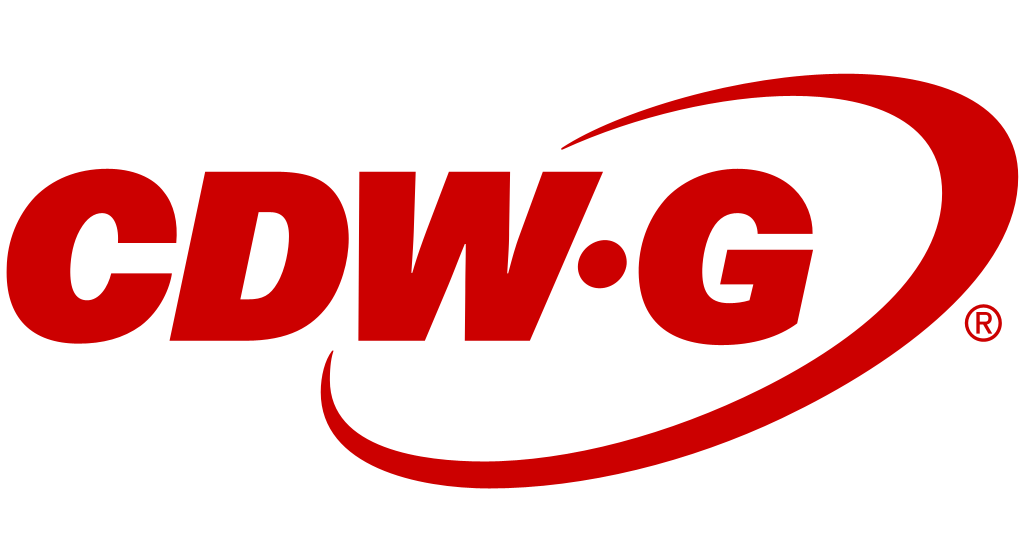
Software Details
- Technical support
- 100 managed nodes
- 1 year
- for Red Hat Ansible Automation Platform
- consulting
Know your gear
The Extended Life Cycle Support (ELS) for Red Hat Enterprise is a subscription offering that provides support for Red Hat Enterprise for longer than its standard seven-year life cycle.
With Extended Life Cycle Support customers can receive limited software maintenance and technical support services for an additional three years, extending the life cycle of Red Hat Enterprise to a full ten years.
Available as an add-on option, Extended Life Cycle Support complements the customers in-place Red Hat Enterprise subscription and is available in single-year subscriptions that allow customers to extend the total use of given major releases by extending the overall supported life cycle from 7 years up to a total of 10 years.
ELS offers benefit to customers who do not wish to upgrade to a newer version of Red Hat Enterprise, perhaps because their systems and applications are still running well and do not warrant upgrading, or maybe because of contractual requirements. An important use for ELS will be in virtualized environments. One way to enable an old, stable system to run on modern hardware is to virtualize it. The virtualization software supports the modern hardware and is able to host the old system. With ELS, the old system has an even longer supported life cycle while taking advantage of the latest hardware.
With Extended Life Cycle Support customers can receive limited software maintenance and technical support services for an additional three years, extending the life cycle of Red Hat Enterprise to a full ten years.
Available as an add-on option, Extended Life Cycle Support complements the customers in-place Red Hat Enterprise subscription and is available in single-year subscriptions that allow customers to extend the total use of given major releases by extending the overall supported life cycle from 7 years up to a total of 10 years.
ELS offers benefit to customers who do not wish to upgrade to a newer version of Red Hat Enterprise, perhaps because their systems and applications are still running well and do not warrant upgrading, or maybe because of contractual requirements. An important use for ELS will be in virtualized environments. One way to enable an old, stable system to run on modern hardware is to virtualize it. The virtualization software supports the modern hardware and is able to host the old system. With ELS, the old system has an even longer supported life cycle while taking advantage of the latest hardware.
